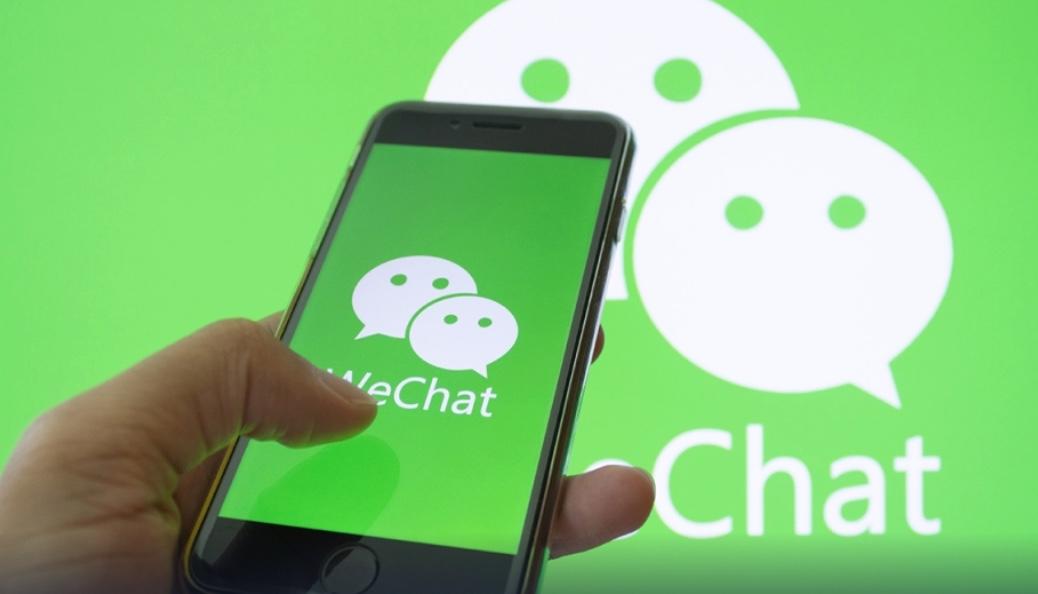California Judge Strikes Down Trump’s WeChat Ban Over First Amendment Concerns
Tyler Durden
Sun, 09/20/2020 – 14:35
In what has become a sideshow to the TikTok drama consuming the business press, President Trump gave his “blessing” to the proposed deal to spin off TikTok’s global business into a US-based company, averting a Sunday night deadline that would have forced Apple and Google to remove the app from their app stores, an American judge has blocked Trump’s attempt to force WeChat from the US market.
US Magistrate Judge Laurel Beeler, a judge based in – where else? – San Francisco, argued that the ban raised serious questions related to the constitution’s first amendment, guaranteeing free speech in the US. The Trump Administration, meanwhile, alleges that the app threatens American national security by creating a conduit for Beijing to siphon up the private data of American citizens.
Critics of the Trump ban on both the right and left have argued that this is a reason to advise American soldiers and anybody working for the government to avoid the app, as the administration has done. But it’s not a solid reason to ban the app. Judge Beeler appears to agree, ruling that the administration’s national security argument simply isn’t strong enough.
WeChat “serves as a virtual public square for the Chinese-speaking and Chinese-American community in the United States and is (as a practical matter) their only means of communication,” the judge wrote in the ruling, dated Saturday and released early Sunday. Effectively banning it “forecloses meaningful access to communication in their community and thereby operates as a prior restraint on their right to free speech.”
The US administration had argued that WeChat posed a national security threat due to its owner Tencent’s ties to the CCP, as well as Chinese law that requires all Chinese companies to cooperate with the government. The judge ruled that while “certainly the government’s overarching national-security interest is significant…[the administration has] put in scant little evidence that its effective ban of WeChat for all U.S. users addresses those concerns.”
Two key bits from US District Court Judge Laurel Beeler’s ruling against Trump’s WeChat ban:
1) Shutting down WeChat in the US is a First Amendment issue bc WeChat is a crucial “public square” for its users. pic.twitter.com/VI3nWUDCTA— Peter Kafka (@pkafka) September 20, 2020
2) China and Chinese-owned apps may be a real concern for national security. But the US hasn’t proved that shuttering them completely is the right approach. pic.twitter.com/WigTxcuBOb
— Peter Kafka (@pkafka) September 20, 2020
The WeChat Users Alliance, the third party group representing WeChat users (likely another example of corporate astroturfing), has argued that the administration’s ban is motivated by politics, and that its American users need the app because they have no other options for communicating with relatives back in China. The CCP’s has effectively granted WeChat a monopoly, which is why American tech firms are so desperate not to lose their ability to do business on the platform.
From the beginning, it seemed like the administration never really had a plan for resolving the WeChat issue, as 100% of the focus seems to have been on TikTok, a much more popular app in the US. Perhaps Trump simply expected a judge to intervene all along?
